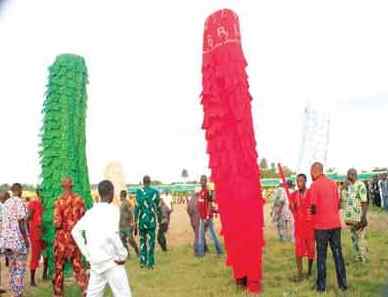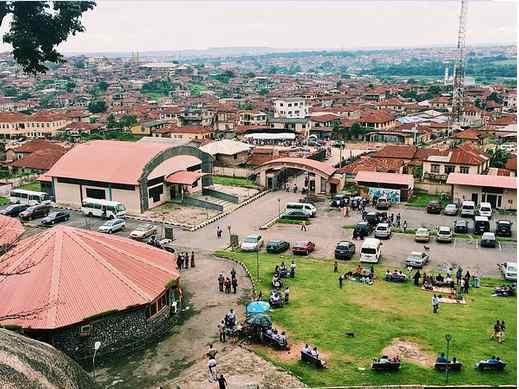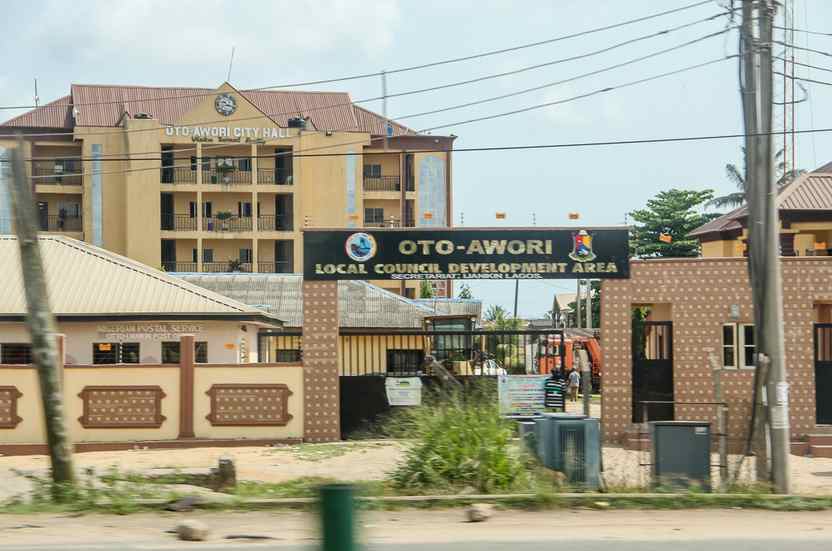
support@yorubalibrary.com
+2348073529208, 07038599574

Ìlú Tapa, commonly referred to as Tapa, is one of the important communities within Yorubaland. The Tapa people are said to have both Yoruba and Nupe heritage, as history reveals their migration and settlement across parts of Kwara, Oyo, and other regions. Today, Tapa has grown to become a thriving Yoruba town with unique traditions, respected chieftaincy institutions, and strong ties to neighboring communities.
The town is not only known for its ancestral history but also for its hardworking people who have preserved their cultural identity while adapting to modern life. Tapa has an important place among Yoruba towns because of its heritage, oríkì (praise poetry), and contributions to Yoruba civilization.
Historical Background of Tapa
The Tapa people trace their origin to both Nupe and Yoruba ancestral ties, as oral traditions suggest they migrated into Yoruba territories centuries ago. Over time, they integrated into Yoruba culture, adopting its language, customs, and traditions, while still retaining some aspects of their original heritage.
Historically, Tapa people were regarded as brave warriors, hunters, and traders, which made them useful allies to surrounding Yoruba kingdoms. Their contribution to the defense and economic growth of Yorubaland is well recorded in oral history.
Occupation and Lifestyle
The people of Ìlú Tapa are hardworking and industrious. Major occupations include:
• Farming:
Agriculture is the backbone of the community. Tapa people cultivate crops such as yam, maize, millet, and cassava, which are staple foods.
• Hunting:
Historically, Tapa hunters were revered for their bravery and skill in the forests.
• Trading:
The Tapa are also known for their involvement in local and regional trade. They engage in the buying and selling of farm produce, livestock, and household goods.
• Crafts and Handwork:
Blacksmithing, weaving, and pottery also thrive among the people.
Landmarks and Tourist Attractions
Although Tapa is more cultural than urban, it is blessed with natural and historical features that give the town recognition:
• Ancient Shrines and Groves:
These serve as places of worship and historical memory for the community.
• Traditional Palaces:
The palace of the town’s king (Oba) remains a symbol of authority and cultural preservation.
• Cultural Festivals:
Annual traditional festivals attract both indigenes and visitors, showcasing music, dance, and Yoruba spirituality.
Cultural Identity and Traditions
Culture is a binding force in Tapa. Traditional ceremonies, festivals, and rites of passage are carried out to maintain continuity with ancestral beliefs. Music, drumming, and dance form an integral part of Tapa’s identity, while oríkì serves as a living testimony to their history and achievements.
Oríkì Ìlú Tapa
Oríkì (praise poetry) is an important element of Yoruba culture, and Tapa has its own beautiful verses:
Ọmọ Olubisi
Ọmọ aláro tin jogun ẹsin
Ọsọ eyi yẹ Tápà abiru ti ẹmi
Ọmọ ajifowurọ dana kulikuli
Ẹsọ wẹrẹ ara Ilodo nle Olubisi
Àyè Tapa lo wun mi
Boba digba oku Tapa mi o ni si nle
Wọn ni ẹ wo'tutu owu
Wọn ni ẹ wa'fara oyin
Otutu owu sọpọ
Afara oyin sọwọn gogo
Ọmọ adada-ku-ada
Ọmọ Onilero ti f'ẹsẹ jo bi iji
Ọmọ elegun mọ na n mọ
Adẹẹgbẹẹ mo se'bo ti na mi lekan ni?
Ọmọ onigunu ari nawo
Ọmọ onigunu ariyọ sẹsẹ
Ọmọ onigun ti fi kulikuli sọdun
Ẹ wi fẹni ti o gbọ
Ẹ ro fẹni ti o mọ
Ẹ sọ fun wọn pe Tapa loni'gunu
Ọsẹ wẹwẹ ara Ilodo
Olubisi ọmọ alaro lo lẹsin.
Conclusion
Ìlú Tapa stands as a representation of Yoruba adaptation, and cultural continuity.
Need more? Browse through our Oriki Gallery today, at zero cost.

Check out the detailed Oriki of Abeokuta, the capi…

The authentic Oriki of the Awori people, one of th…